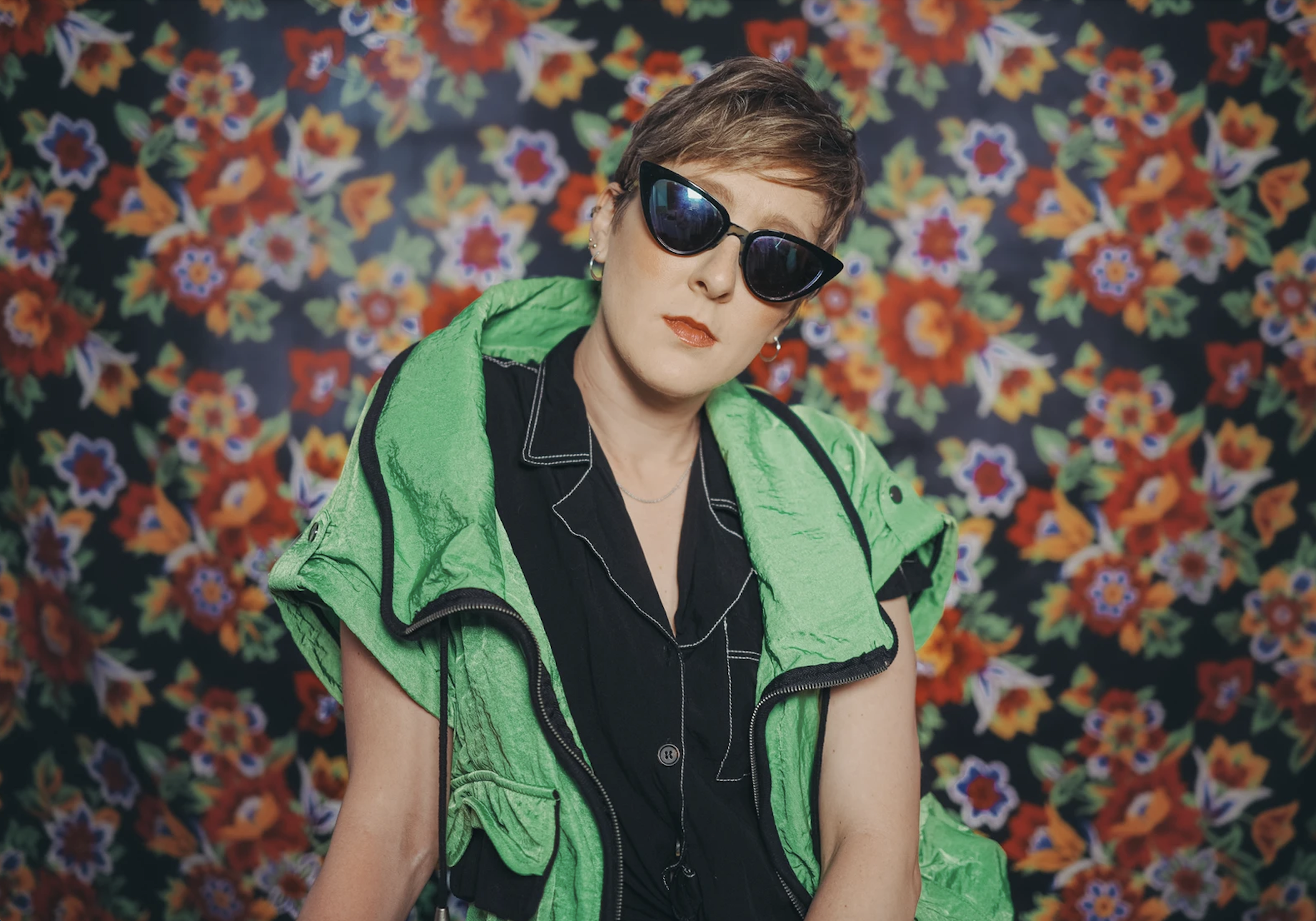
“That Sunday, That Summer,” the newest single by Florida’s own Kelly Green, is actually the third that she’s released since July.
Written by Joe Sherman and George Weiss, it was originally recorded for Capitol Records by Nat King Cole in 1963, with his lush, lustrous vocals backed by a string orchestra and vocal chorus, a format that was extremely popular in that era. It hit #12 on the charts, becoming his final hit song before dying prematurely just two years later. The song was later covered by his daughter, the late Natalie Cole, as well as a variety of other Singers like Johnny Mathis, George Benson, Julie London and Dinah Washington, who mostly stuck close to the original version.
Recognizing that you can’t improve on perfection, the KG3 chose instead to go in a totally different direction. In this trio treatment, Green’s voice gives the song a lighter, more airy tone, not unlike a nice borough breeze blowing between your buttons on your way to brunch. Luca Soul mostly lays back on bass, while drummer Evan Hyde drives the action with a steady pulse on the rude cymbal. The song aptly captures the spirit of the season.
After spending several years in Harlem, Green now lives in Queens with her husband, bassist Luca Soul. Together they have launched their own Green Soul Studios in Forest Hills, a recording and performance space where they host their own concerts, and shows by other established and rising stars floating around within their ever-expanding spheres of influence.
This kind of rapid, relentless productivity is nothing new for Green, who wrote, produced and recorded her first album while still in high school. The title of that album was Aspire, and she certainly did. Having known her since her student days at UNF, I’ll testify that she’s always worn her ambitions on her sleeve, and she has pretty much done exactly what she always said she wanted to do, and then some. Still in her early 30s, Green has already performed at Smalls, Mezzrow, Minton’s Playhouse, The Blue Note, Birdland, The Bitter End, Zinc Bar, Rockwood Music Hall Dizzy Club Coca-Cola at Lincoln Center, The Flatiron Room, B.B. King’s and even the Kennedy Center. And that’s just in the United States: she’s also performed in France, Spain, Greece, Denmark and Colombia, usually leading her own groups.
Indeed, her tendencies in this regard fit her firmly within the jazz tradition. With their skills honed through constant practice and playing, and chemistry built up through years of jam sessions (which are as crucial for jazz musicians as freestyle cyphers are for emcees), this particular genre is notorious for never wasting time in the studio. Some of the most seminal recordings in jazz history were recorded on the first take, and many of the key albums in all of our collections were recorded in a matter of days, if not hours. This is one factor that contributes to the feeling of freshness and immediacy that permeates the music, even the oldest and most ubiquitous material out there.
More than any other genre (except maybe symphony orchestras, for economic reasons), the covid pandemic did catastrophic damage to the jazz industry — not just to players, but also to physical institutions. Many of the music’s elder statesmen were killed by covid, while others succumbed to the inactivity forced on them by the lockdown. Meanwhile, the tight-knit network of jazz clubs, whose financial situation has been sketchy pretty much continuously for the last 50 years or so, were all forced to close their doors for much of 2020; many of them never opened again. New York was hit hardest, but the impact was felt nationwide, including here in Florida. As a sense of normalcy slowly returned, it was the musicians themselves who took the lead in reviving a genre that had spent the better part of a year on life support.
While jazz is widely considered the most quintessentially American art form, the reality is that jazz has been a niche market since at least the 1950s. Musicians and fans alike are united in a sort of bunker mentality, “us against the world” or, in this case, jazz against a commercial music paradigm that has actively sought to diminish the music’s relevance and viability. The stuff that Green and her peers are doing now–home recording, self-production, emphasizing community and sustainability over the reckless materialism of some other genres–is exactly what was necessary to reboot the genre, post-pandemic.
Time and again, when jazz was rejected by the gatekeepers of pop culture, relegated to a virtual side-quest in the broader trajectory of American music, the response was to circle the wagons and create their own institutions. In the process, many of the musicians have basically become institutions in their own right. Kelly Green has become one such person, and hers is one of the finest “local girl made good” stories that our scene has produced in this century.

Mr. Al Pete and Notsucal Release Their Latest Collab, ‘G4.5’

Dinner Party, Tom Misch and More from the Neighborhood with Mr. Al Pete

An Ultra-Chill Playlist from the Latest Episode of Electro Lounge

Sing Out Loud Festival Returns With Hozier, Beabadoobee, Father John Misty, Vance Joy and More

Chicago Alt-Country Faves Wilco Return to St. Augustine with Indie-Folk Great Waxahatchee

Looking for an Alternative to Spotify? Consider Hopping on the band(camp) Wagon

Khruangbin to Bring ‘A LA SALA’ Tour to St. Augustine in April

Perfume Genius, Flipturn, Tamino + Mitski and 6 New Songs to Stream

Song of the Day | “all tied up” by Glixen



